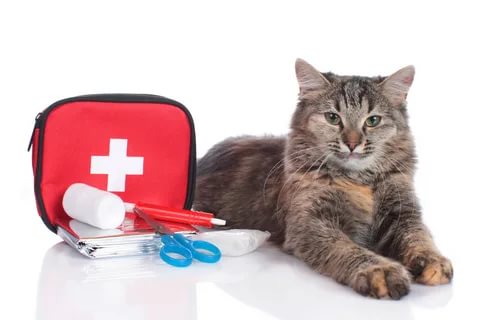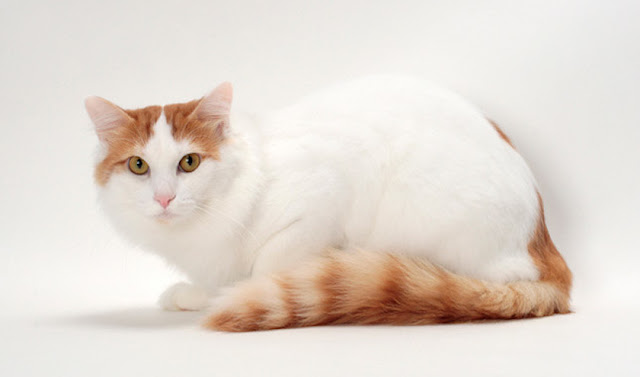Feline Dental Care
Solid teeth and gums makes for a sound feline. Your vet will check your feline's teeth during their yearly test, yet you can help forestall gum illness by brushing your feline's teeth consistently.
Taking care of your feline's teeth
Tooth and gum issues happen in eight out of ten felines beyond three years old. Build up an everyday practice of brushing your feline's teeth as ahead of schedule as conceivable to keep your feline grinning.
Felines will in general collect plaque, food flotsam and jetsam and microbes, outwardly of their teeth, yet not within. This solidifies to shape tartar, disturbing the gums and causing gum disease and loss of teeth. The microbes can even enter the circulation system and harm the kidneys and different organs.
Risk signals
Indications of cutting edge gum illness include:
awful breath or halitosis
blushed gums
yellowish-earthy colored tartar on teeth
slobbering
At the point when gum disease is extreme, felines may even drop food from their mouths and get in shape since they can't eat. On the off chance that this occurs, your vet may prescribe expert dental consideration to eliminate any free teeth and de-scale utilizing super sonic vibration. This tenderly eliminates plaque and tartar without harming the outside of the teeth.
Dental infection is preventable in most of the cases and the strategies used to keep your feline's mouth sound can begin since early ages. Keeping up the oral cleanliness is straightforwardly related to the most sufficient eating regimen of the feline with the utilization of items that can diminish the bacterial populace mindful by the gathering of the plaque. These items can be utilized when brushing your feline's teeth.
Felines can encounter 2 sorts of teeth misfortune. The main misfortune happens when they lose their first arrangement of teeth known as milk teeth at around 3 or 4 months old enough.
The second arrangement of teeth shaped by 30 individual teeth. All through the feline's entire life is normal that a feline loses 1 or 2 teeth. Any deficiency of tooth a feline's grown-up life can address a periodontal illness, the majority of the occasions, because of carelessness of the proprietors.
Regular reasons for dental misfortune:
Helpless oral cleanliness prompting tartar collection on the teeth ang gums and thusly gum disease
Injuries because of battles - the passing of a tooth can happen with a sound tooth or not in the wake of encountering a physical issue that drives the tooth to turn out to be free or drops out
Brushing
Show your feline to acknowledge an every day brushing or cleaning of its teeth.
To begin with, wash your hands and pull back your feline's lips. Utilize a delicate brush or an elastic fingertip tool, in addition to exceptional pet toothpaste in flavors that your feline will discover scrumptious, similar to malt or chicken. Never use toothpaste made for people!
Apply the fibers to the teeth at a 45 degree point, arriving at both the tooth surface and just underneath the gum edge. Utilize little roundabout movements outwardly surfaces.
Start gradually and finish strong - be tenacious yet delicate.
On the off chance that your feline is still exceptionally youthful, don't endeavor to brush her teeth. You can in any case get her used to having her teeth contacted from an early age.
Dental consideration items
In the event that your feline opposes you taking care of their mouth, oral cleanliness gels are accessible. These contain compounds that restrain the microorganisms liable for plaque development. You can offer them to your feline straightforwardly or blend them in with food.
Dental bites are likewise accessible, just as exceptional dry food consumes less calories that contain fiber and apply a brushing activity as your feline bites.
Keeping up great dental consideration is a critical piece of keeping your feline in ideal wellbeing.






Post a Comment